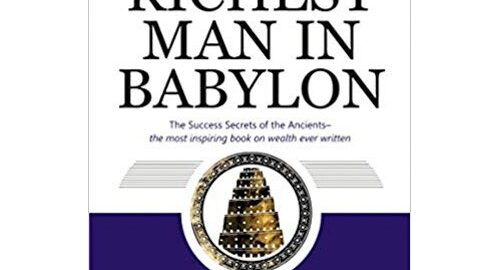To begin with, here is a summary of this book in a sentence: Ten tales, in the form of inspiring parables for the modern man, set in the ancient civilisation of Babylon, the historical cradle of finance.
The truth is always in front of us in plain sight; we choose to avoid it. We all know the simple things that our parents and elders have told us for years but often ignore or lose sight of it.
The straightforward rules to follow in life are, in a nutshell, what this book lays down. The real find here is being consistent and adhering to a plan strictly. The secret is not the things you have to do to get rich, but you need to do them regularly and mindfully.
I would recommend not just reading this book but doing so slowly, often, and one chapter at a time. Think about each chapter after you read it before moving on to the next chapter. Doing so will help you benefit more from this read.
The author shares invaluable lessons from the point of view of a very rich man named Arkad of Babylon, the wealthiest man in the wealthiest city in the ancient world.
Arkad shares financial advice in an easy to understand and implementable manner and this book serves as a guide of financial education for many generations to come.
The advice reveals to us the success secrets of the men of ancient times, including simple ways to gain wealth, become debt-free, follow the path of prosperity for yourself and your family, and prepare a safety net for your old age.
I wish I had read this book when I started making money. I feel I came across it quite late, and all the mistakes that could have been avoided by reading it had already been made. Ah, well.
I find it amazing that this book was published almost a century ago and talks about things that are still so relevant. And probably will always be.
The great thing about this book that cannot be mentioned often enough is how simple the plans it talks about are.
Last but not least, the moral lesson from this book I take is something I will never forget – that every expenditure is driven by consumerism. For this very reason, I would recommend this book, in particular, to young people.
Yes, you may find the book simplistic in its approach to personal finance, but that weakness is also its most enduring strength. For maximum benefit, read and re-read it.

